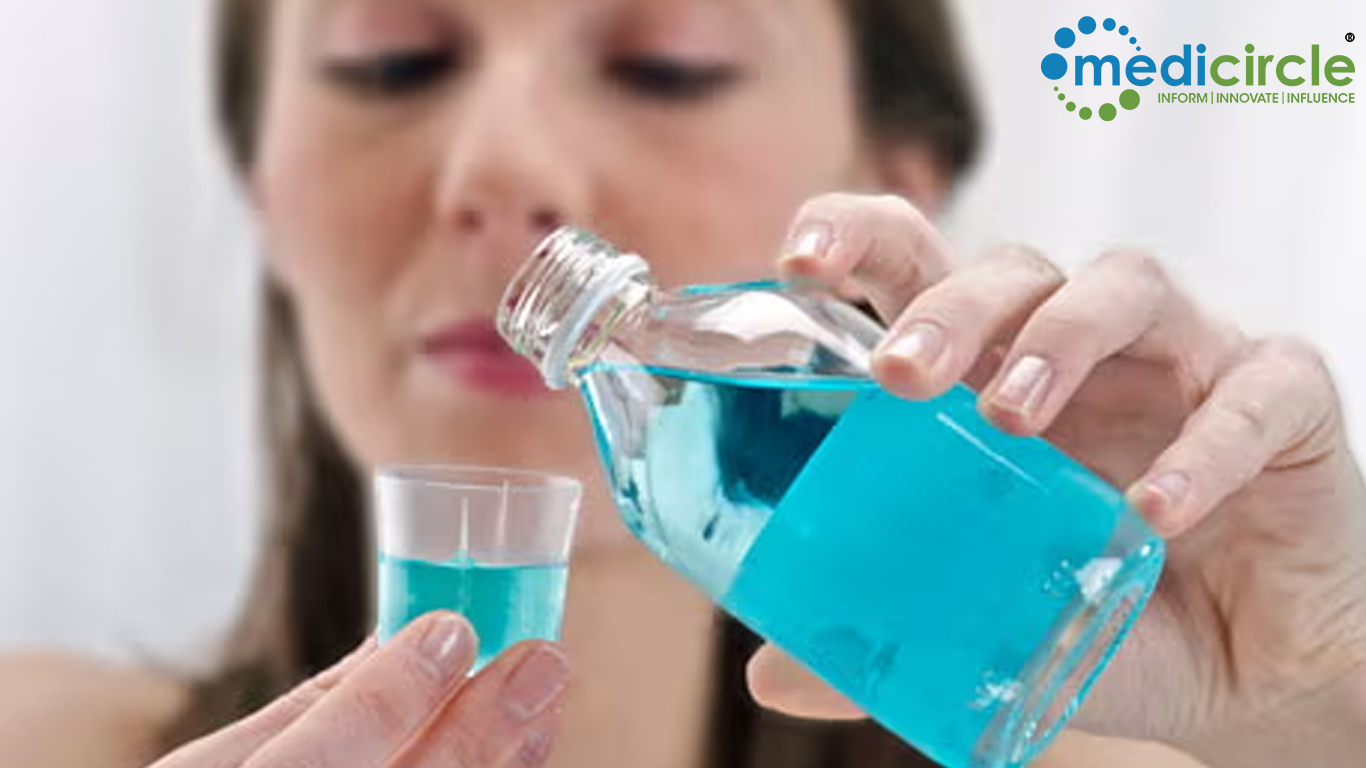In a promising advancement for head and neck cancer care, a recent study suggests that a simple mouthwash-based test could help doctors predict disease recurrence in patients. This potential breakthrough, discovered by researchers at Sylvester Comprehensive Cancer Centre at the University of Miami Miller School of Medicine, UC San Diego Health, and several collaborating cancer centres, has the power to significantly improve the way physicians monitor cancer recurrence.
Head and neck cancers make up nearly 4% of all cancers in the U.S., with men over the age of 50 being the most affected. These cancers, which can severely impact speech, swallowing, and appearance, often require surgery and radiation, leaving patients with lifelong challenges. The effects can be even more devastating if the cancer returns after treatment.
One of the biggest difficulties in treating head and neck cancers is identifying recurrence early. Distinguishing between post-treatment changes and a potential cancer comeback is not always easy. “It can be very difficult to determine if what you’re observing is just post-treatment changes or a cancer recurrence,” said Dr. Joseph Califano III, director of UC San Diego’s Hanna and Mark Gleiberman Head and Neck Cancer Centre, and one of the co-authors of the study. “Good biomarkers could help remove some of the guesswork.”
The study, published in JAMA Otolaryngology – Head & Neck Surgery on August 15, 2024, highlights the role of biomarkers found in simple oral rinses. These biomarkers could help predict the return of cancer, giving doctors a new, non-invasive tool to monitor their patients. The study built upon earlier research that identified two key biomarkers: CD44, a molecule linked to tumour development, and total protein levels in the mouth. Previously, these biomarkers were used to assess a person’s risk of developing oral and oropharyngeal tumours, the most common types of head and neck cancers.
In this new study, researchers explored whether these biomarkers could be used to predict cancer recurrence in patients who had already undergone treatment. Over 160 patients across multiple cancer centres participated in the clinical trial, which involved collecting oral rinse samples for up to 18 months after their initial treatment. These samples were tested using laboratory assays and experimental lateral-flow tests—similar to rapid tests used for pregnancy or COVID-19 detection.
The results were promising. The study showed that patients with higher levels of CD44 and total protein in their oral rinses had a significantly increased risk of cancer recurrence. Patients with double the normal amount of total protein were estimated to have a 65% greater risk of recurrence, while those with CD44 levels triple the norm faced an estimated 62% greater risk of the disease returning.
This discovery opens the door to a future where an inexpensive, rapid test could be performed right in the doctor’s office. Such a test would allow doctors to catch recurrences earlier, reducing the need for invasive procedures and improving patient outcomes. Dr. Elizabeth Franzmann, one of the study’s lead researchers, emphasized the importance of early detection in reducing the suffering caused by cancer recurrence. “The more we can minimize those effects by catching recurrence early, the better we can mitigate patient morbidity and mortality,” she explained.
While additional research is necessary, the findings have already generated early data on the development of rapid, point-of-care tests. These biomarkers show immense potential in refining how doctors assess the risk of recurrence in patients with head and neck cancers. Early detection could save lives by reducing the need for harsh treatments and improving the quality of life for those affected.
This ground-breaking research represents a significant step forward in the fight against head and neck cancers, offering new hope to patients and their families. With ongoing work, this innovative approach may soon become a routine part of cancer care, providing a simpler and more effective way to monitor cancer recurrence and improve survival outcomes.

 The findings have generated early data on the development of rapid, point-of-care tests. These biomarkers show immense potential in refining how doctors assess the risk of recurrence in patients with head and neck cancers.
The findings have generated early data on the development of rapid, point-of-care tests. These biomarkers show immense potential in refining how doctors assess the risk of recurrence in patients with head and neck cancers.










.jpeg)


.jpeg)



.jpeg)
.jpeg)






.jpeg)





